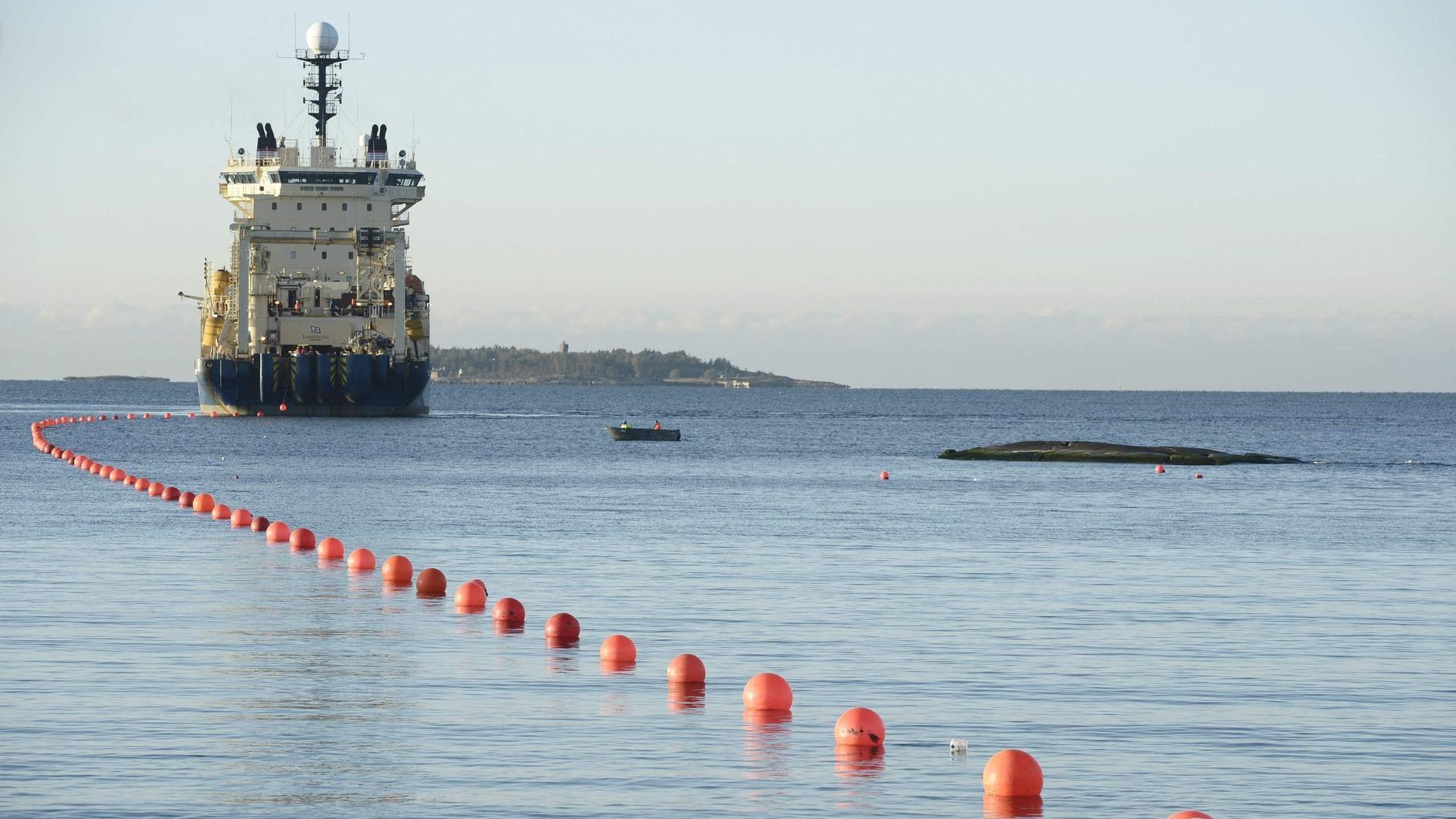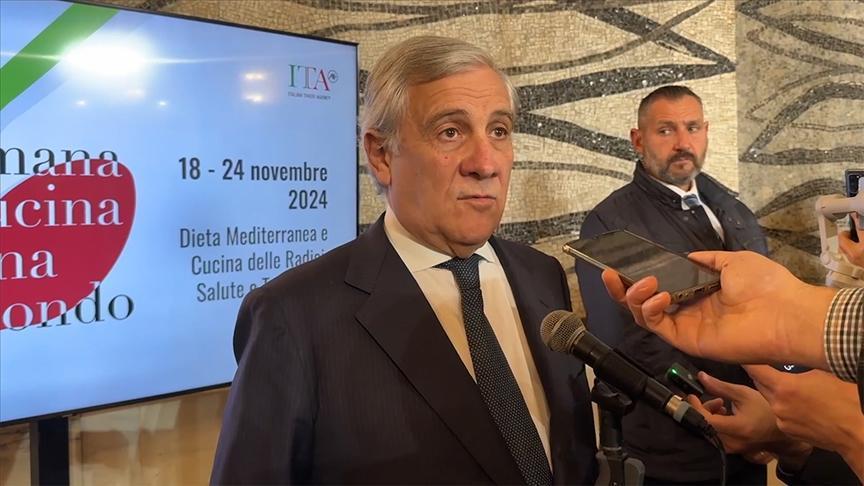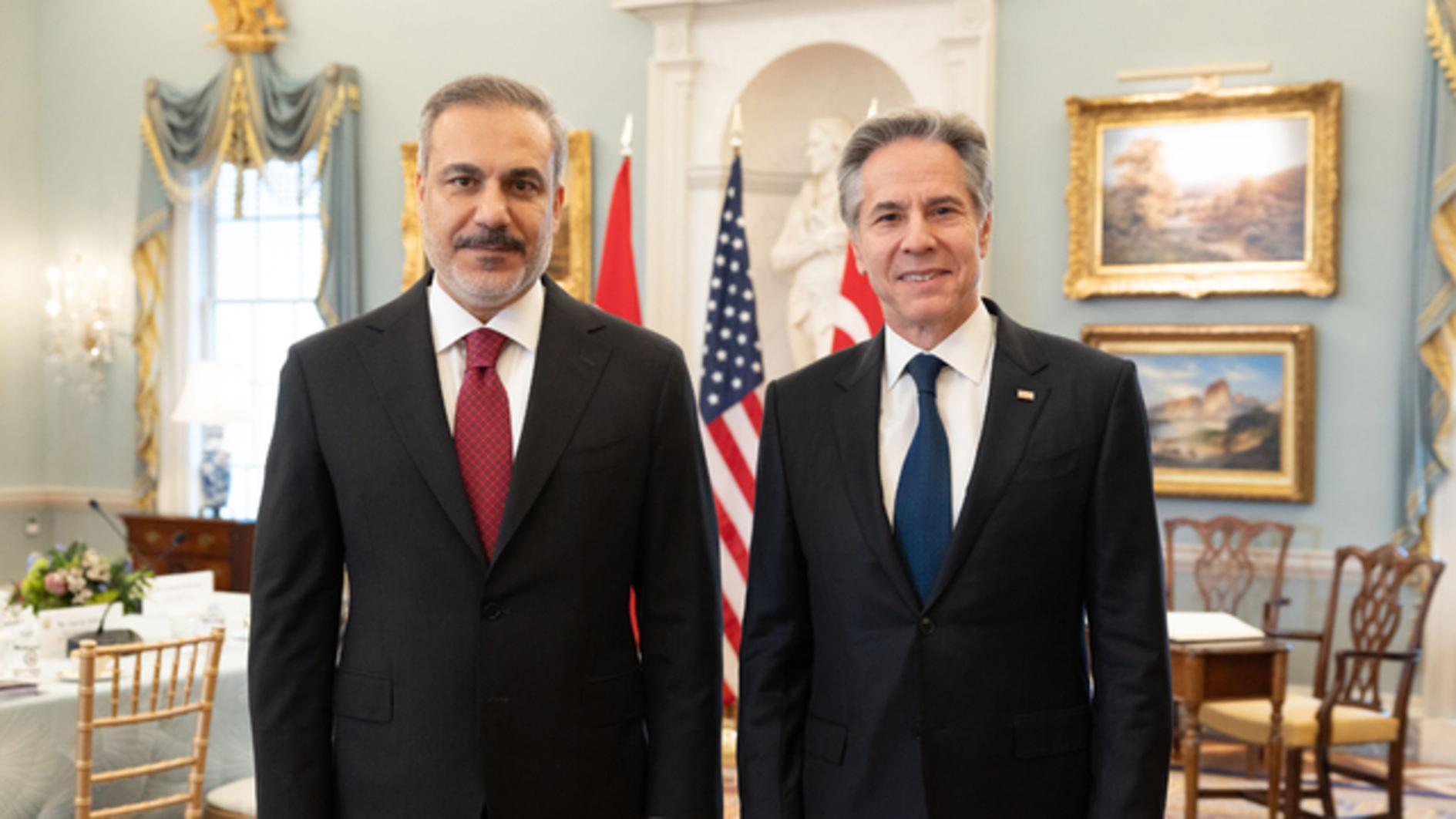Greeks use anniversary of ‘no’ to Mussolini to display impatience
October has a special meaning for both Turks and Greeks. For the Turks, Oct. 29 is the occasion to commemorate the founding of the Turkish Republic. For Greeks, Oct. 28 is the anniversary of a moment of national unity under a controversial ruler who refused to bow to a foreign invader. “No” Day, as this day has been symbolically known since 1940 when Greeks stood up to fascist Italy, always gave a bit of reassurance to the nation that whatever happened in the country’s turbulent political life, there was always the fallback thought that this largely homogeneous nation would unite against a major danger. I suppose every society has similar unifying references to be called upon as a matter of memory, pride, habit and refuge but it sometimes becomes a platform to show disunity and desperation.
This was what happened in Greece during this year’s 61st anniversary of “No” Day as Thessaloniki witnessed the first serious mass challenge against the representative of the Greek state, the president.
Big crowds that had gathered for the “national” parade began booing president Karolos Papoulias, who was standing alongside government officials, representatives of political parties and the leadership of the Armed Forces. Papoulias, a former foreign minister in his mid-80s who had a long record in the fight against the Nazis and the subsequent struggle for the establishment of democracy in Greece, lost his cool, blamed “small groups” for the insult and left the place together with all the other officials. Eventually, though, the parade continued without the presence of officials and with the crowd cheering every passing group.
The decisions of the “historic” summit of the Eurogroup last week included a 50 percent “haircut” of the Greek debt but also resulted in the appointment of a permanent monitoring group of 100 consultants – mainly Germans – to Greece to “advise” the George Papandreou government on how to implement the austerity package. The recent decisions in Brussels are bound to hit the Greek banking system and effectively make life even harder for Greek pensioners and businessmen.
The spectacular show of disrespect – the first ever on such a day – against the representative of the Greek state during this year’s national anniversary created a storm of reaction. There is no doubt that the selection of this particular day sends a message against any foreign intervention into Greek affairs even if the country is tied by its commitments to the eurozone. Some observers point to a gradual detachment of society from its elected representatives.
In a social survey published yesterday, almost 60 percent of those polled said they did not think that the recent Eurogroup summit was good for Greece, while over 50 percent want a government of national unity. Interestingly, Papoulias is only sixth among the most respected figures in the country.
There is no doubt that the protest against the president of the Greek Republic was more against the institution than the person itself. Also, more than an expression of rage, it was a cry of desperation from an electorate that has lost its belief in the political establishment. The crisis of confidence was the outcome of a serious economic crisis; however, the political mismanagement of the country goes back a long way.
The coming period will be difficult for all Greek politicians, as they will have to justify their usefulness to society. For some analysts, there is only one option for the Greek prime minister: step aside and allow a supra-party government for a set period to try to restore social unity by implementing a series of drastic measures but with a full sense of justice detached from political interests











